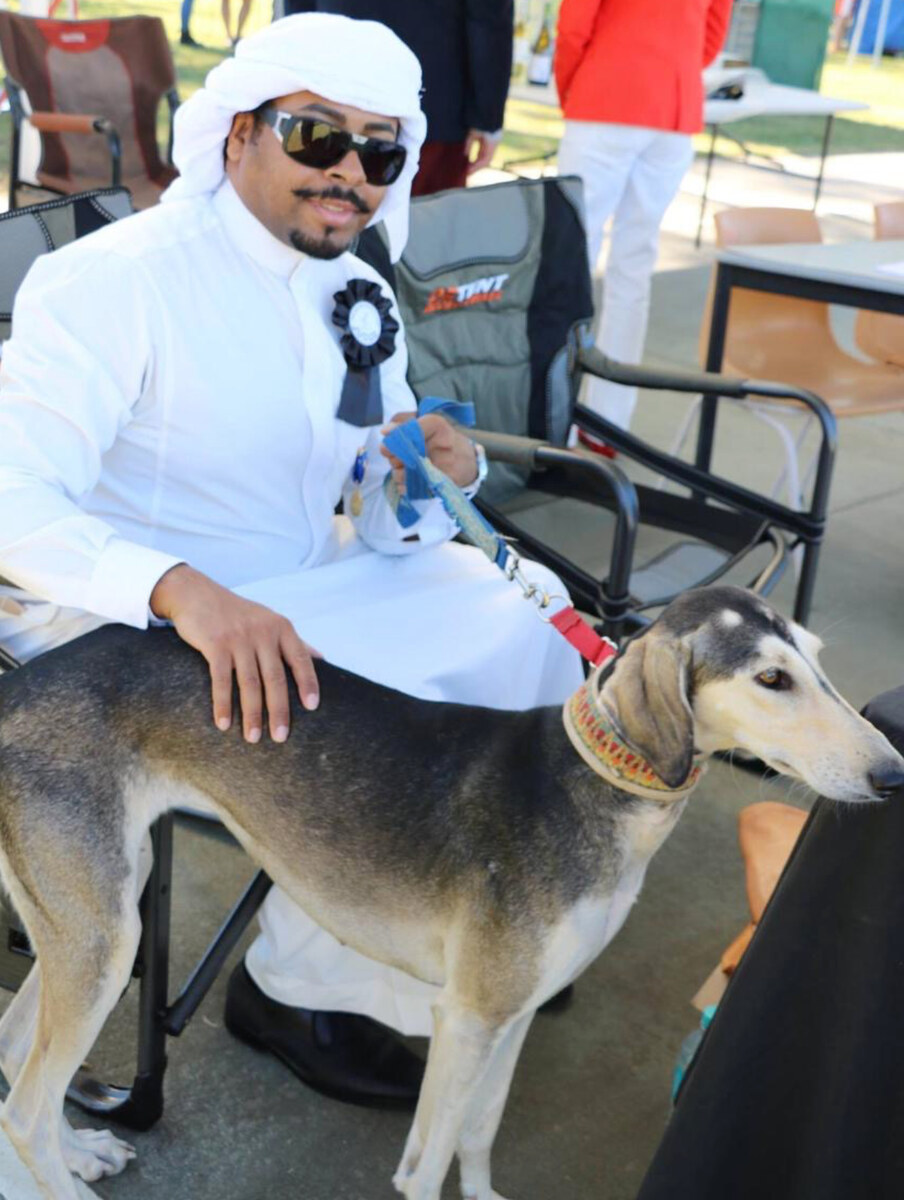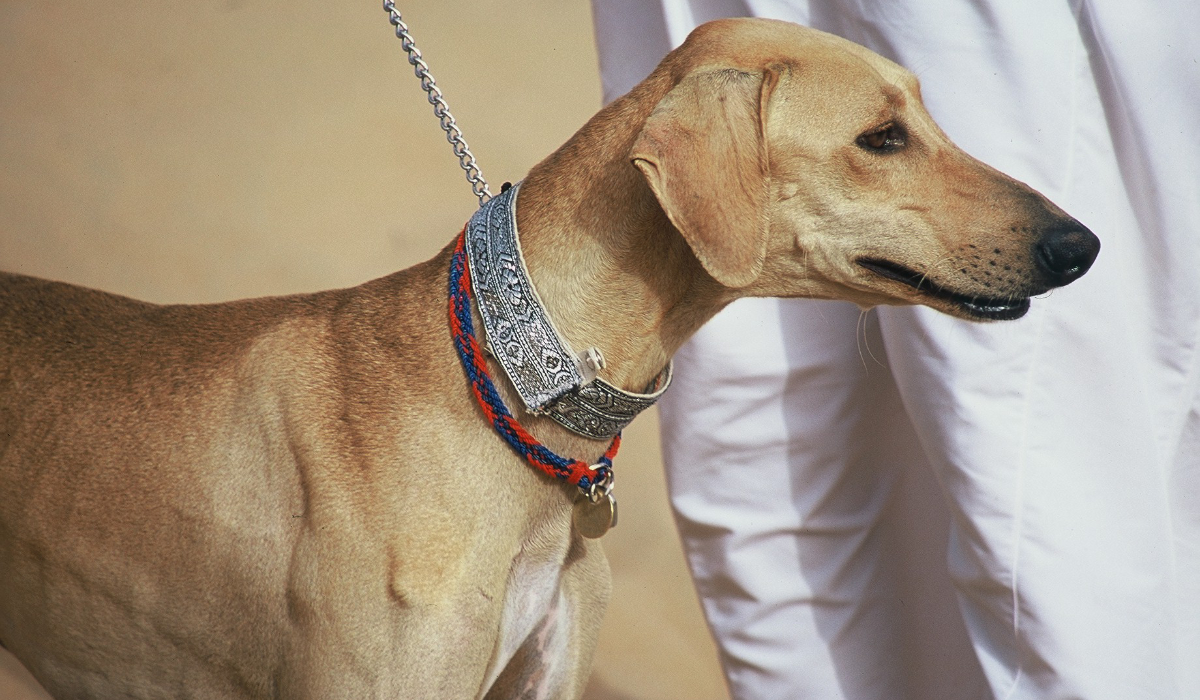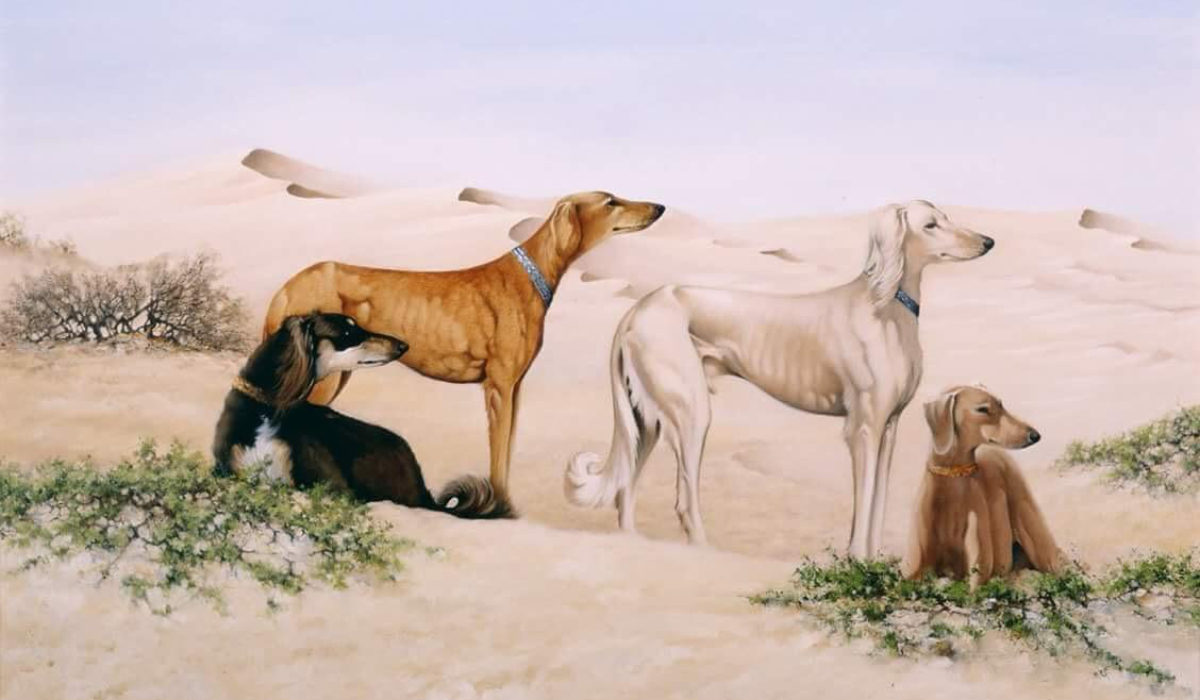MAKKAH: A state-of-the-art mobile clinic to detect honeybee diseases has been launched in a Saudi city.
Unveiled in Madinah, the Ministry of Environment, Water, and Agriculture’s first specialist center is equipped with the latest laboratory equipment and scientific devices.
Abdullah Al-Subaie, head of the ministry’s apiaries and honey production department, told Arab News: “The mobile clinic aims to provide quick and effective services to beekeepers at their location.
“Beekeeping specialists and technicians accompanying the mobile clinic will be inspecting apiaries, collecting samples, and examining and diagnosing the causes of diseases. They will also educate beekeepers on looking out for various disease symptoms by conducting guidance programs and qualitative campaigns,” he said.
He pointed out that when bees grew weak due to undernutrition and stress, they became vulnerable to diseases and pests, most notably parasitic varroa mites and the fungus nosema apis.
Varroa mites can reduce the number of hatching bees, deform newly hatched bees, and transmit a number of viral diseases to cells. If left unchecked, nosema apis can spread rapidly and kill large numbers of bees if a hive already harbors other diseases or is running low on food supplies, especially proteins.
Al-Subaie noted that good management of apiaries was essential in helping to reduce disease risks. Methods included adopting sustainability practices and beekeepers recognizing the importance of pastoral grazing capacity by not putting large numbers of cells in one place.
FASTFACT
There are currently 14,000 beekeepers in Saudi Arabia and numbers were expected to reach 30,000 by 2030 as a result of the country’s support for the sector and its inclusion in the SR13 billion ($3.46 billion) rural development program launched by King Salman.
Bee stress, he added, could be reduced by avoiding unnecessary cell inspections during winter, providing the insects with appropriate food, paying attention to strengthening cells, performing necessary bee processes, combining weak cells, changing older queens with more fertile ones, using natural substances to activate bees such as mugwort, thyme, acetic acid, and menthol, and sterilizing contaminated wax combs and cell boxes.
As part of its initiative, the ministry was looking to protect Saudi Arabia’s only species of bee. Other breeds are imported for their ability to produce good quality and quantities of honey.
Dr. Ahmed Al-Ghamdi, head of the Arab Beekeeping Association, told Arab News that apiculture was a major and secondary source of income for a large segment of society.
There are currently 14,000 beekeepers in Saudi Arabia and numbers were expected to reach 30,000 by 2030 as a result of the country’s support for the sector and its inclusion in the SR13 billion ($3.46 billion) rural development program launched by King Salman.
He noted that according to official statistics, local honey production in the Kingdom was currently running at less than 5,000 tons meaning that almost 24,000 tons had to be imported to meet demand.
Al-Ghamdi said beekeepers suffered losses when they failed to take proper care of their bee colonies.
“One of the mistakes is not feeding bees proteins which results in weakness and reduced immunity and is followed by death as they cannot resist diseases. Other mistakes that beekeepers make is that they refrain from checking for diseases and pests in the bees, do not choose suitable pastures, fail to change queens, or accumulate beehives in small areas.
“Like any organism, bees are exposed to many diseases and pests, usually present in cells, that become active when cells are weak due to stress, poor weather conditions, hunger, exposure to pesticides, and malpractice,” he added.
Al-Ghamdi highlighted the efforts by the ministry and organizations such as the Beekeepers Cooperative Association in Baha to develop the industry in Saudi Arabia.
The association plans to train more than 2,000 beekeepers, help some of them establish projects, and manufacture and import the necessary tools and supplies required for modern beekeeping. It also aims to plant more than 70,000 trees and plants for bees and queens.


































